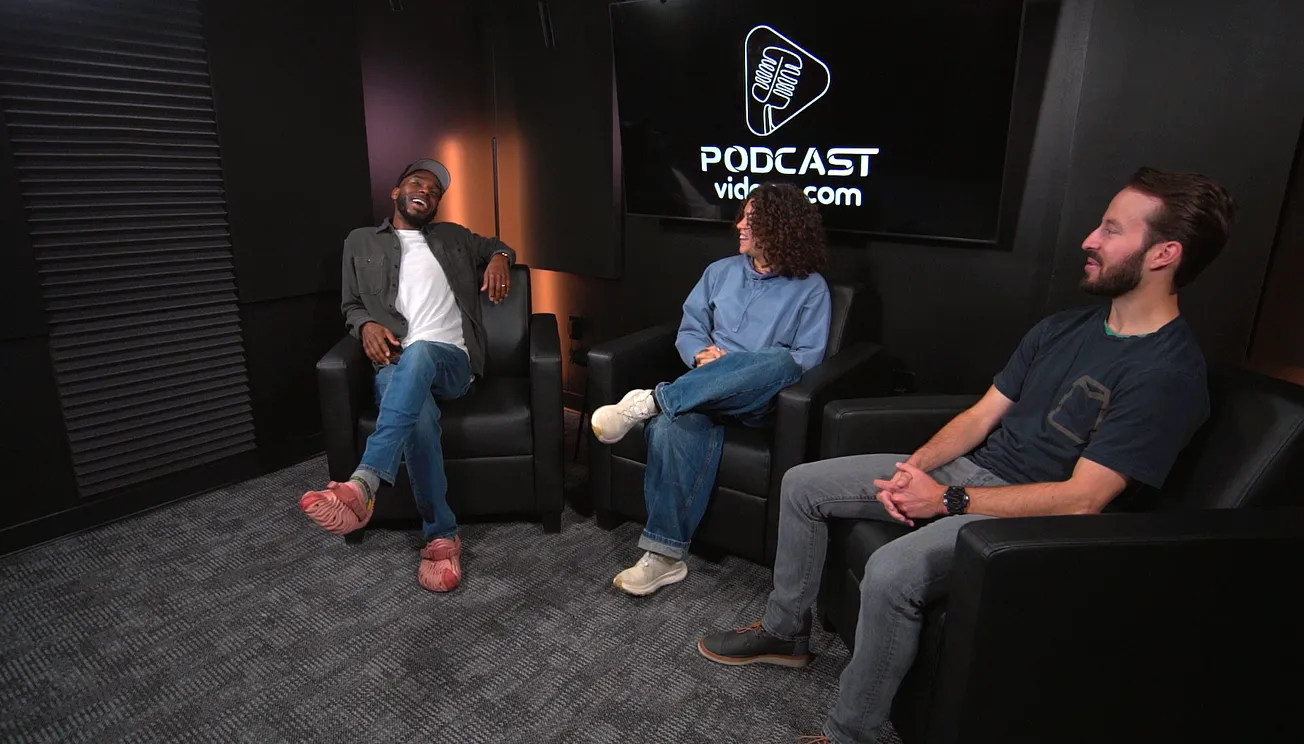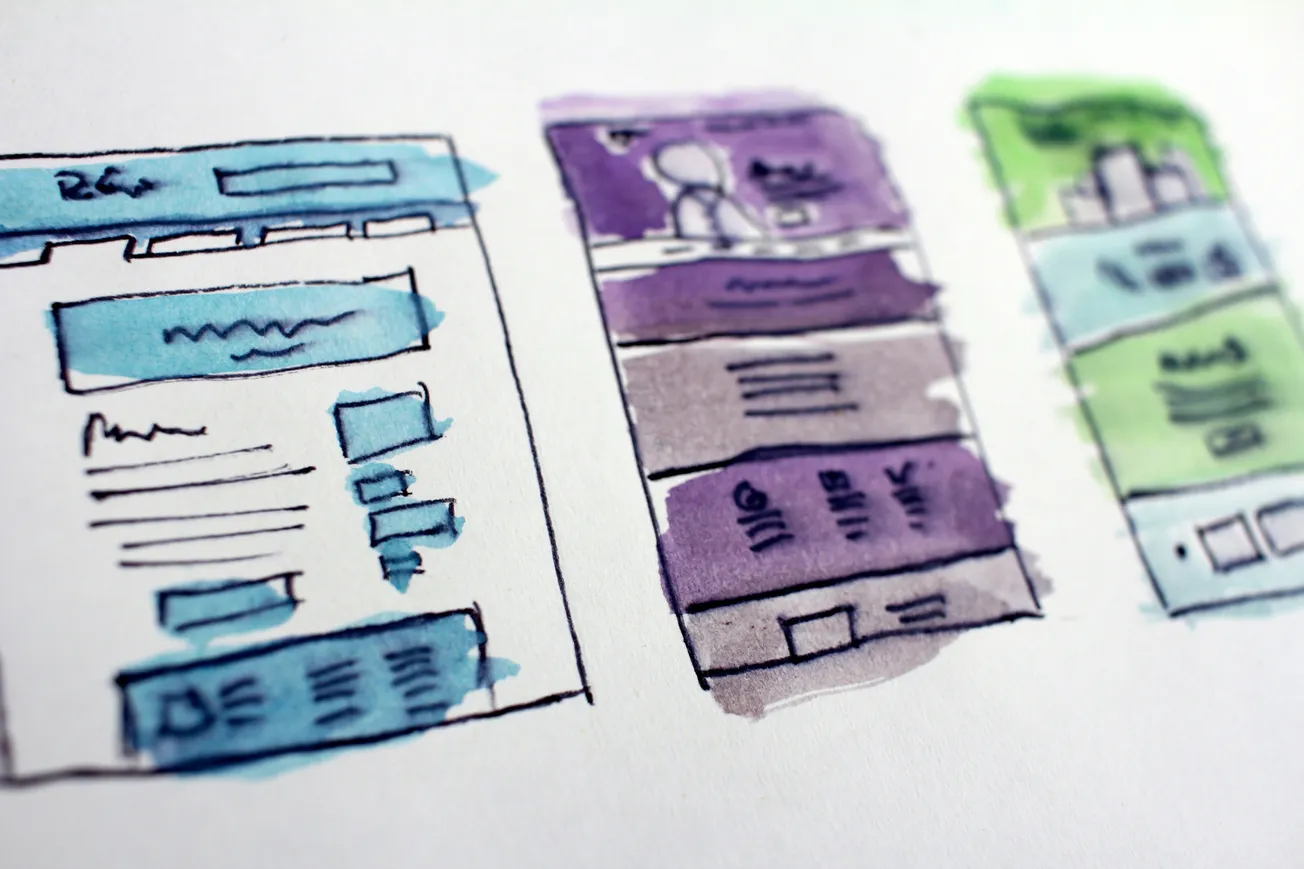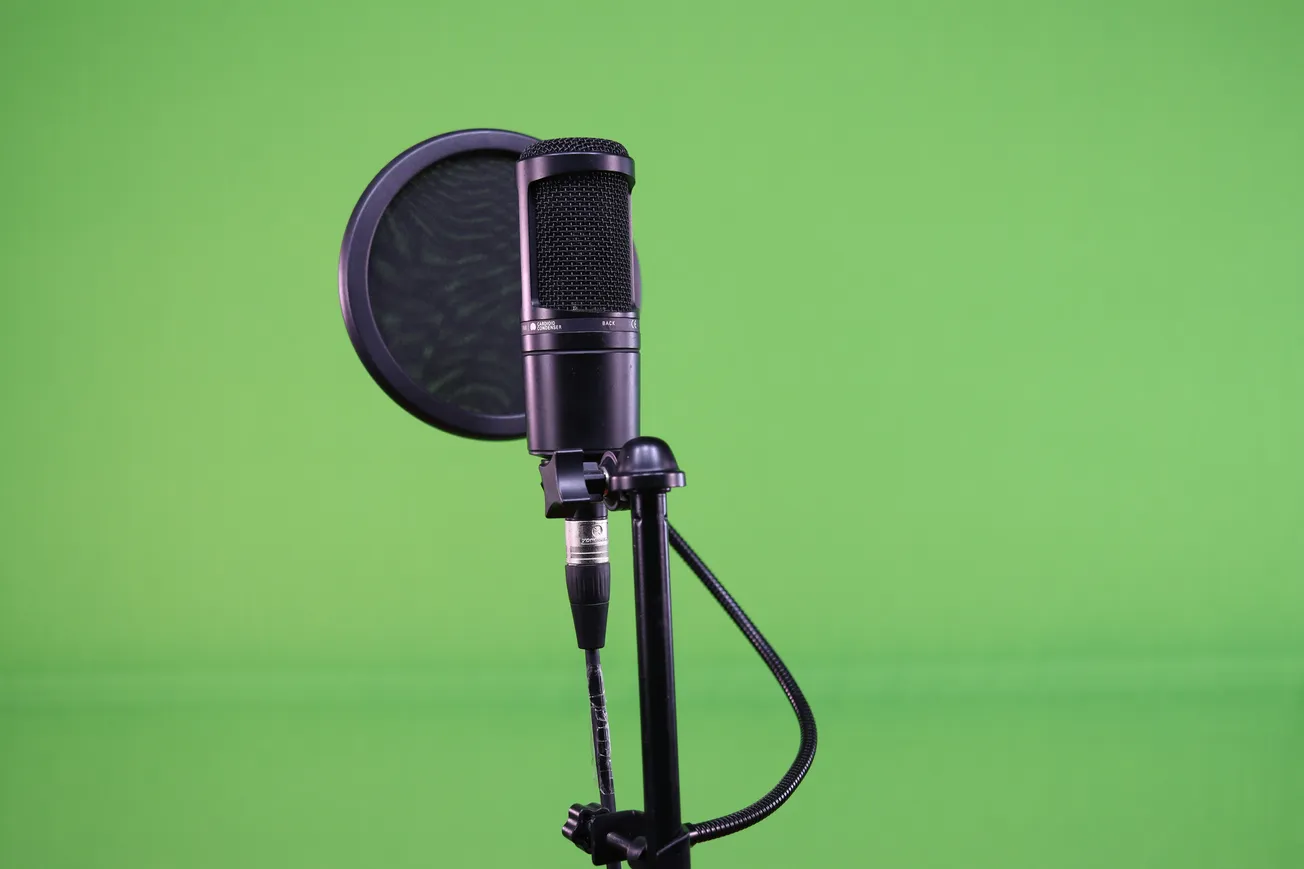As podcasting continues to expand, so does the demand for freelance producers who can help with editing, publishing, and workflow support.
If you have audio skills and want to work with creators or businesses, podcast production can be a profitable, flexible freelance career. But to succeed, you need more than editing software—you need structure, marketing strategy, and reliability.
What Freelance Podcast Producers Actually Do
While many clients say they’re hiring for “editing,” what they often want is a dependable partner who can handle part or all of the production process.
A popular Reddit thread asked “Where to start producing podcasts for others?” and freelancers weighed in with clear advice: define what you do, communicate clearly, and deliver consistently.
Typical freelance podcast tasks might include:
- Audio editing and mixing
- Show notes writing and episode titling
- Publishing to hosting platforms
- Scheduling or coordinating guests
- Creating audiograms or social media clips
Some freelancers niche down (e.g., working only with coaches or educators), while others offer broad services. Choose what aligns with your skills and interests.
Building a Workflow Clients Can Rely On
As multiple freelancers shared on Reddit, reliability beats flashiness. Having a clear, repeatable workflow helps you stand out.
Use tools like:
- Descript or Audacity for editing
- Notion or Trello for project tracking
- Google Drive or Dropbox for file handoff
- Zoom or Riverside.fm for remote recordings
Create a service agreement template that outlines timelines, revision policies, and deliverables. Clients value producers who keep the process smooth and professional.
How to Find Clients and Build a Reputation
Start with 1–2 clients at a discounted rate to build samples and testimonials. Reddit users suggest tapping into your network, podcasting communities, and even reaching out to small brands or creators who are overwhelmed.
Platforms like Upwork, Fiverr, and Podjobs.net can help early on, but most long-term success comes from referrals and direct relationships. Many podcast freelancers land steady gigs with marketing teams, online educators, or internal comms departments at companies.
Use your initial gigs to refine your onboarding process and create reusable templates—for intro calls, episode delivery, and feedback collection.
Growing from Gig to Career
Once you have steady clients, you can raise your rates, offer retainers, and expand services. Some freelancers bring in junior editors to scale. Others branch into strategy or content planning. But the key is keeping your systems clean and your communication clear.
According to Startup Financial Projection, the average freelance podcast editor charges $30–$100+ per episode depending on complexity and services included.
Creating tiered offerings helps you grow revenue without overloading your schedule.
Final Thoughts
Freelancing in podcast production offers creative freedom, flexible income, and growing demand. But success comes from being more than an editor—you need to be a consistent, communicative partner who delivers on time and adds value.
With a niche focus, strong workflow, and relationship-building mindset, you can build a sustainable and rewarding freelance business in podcasting.









